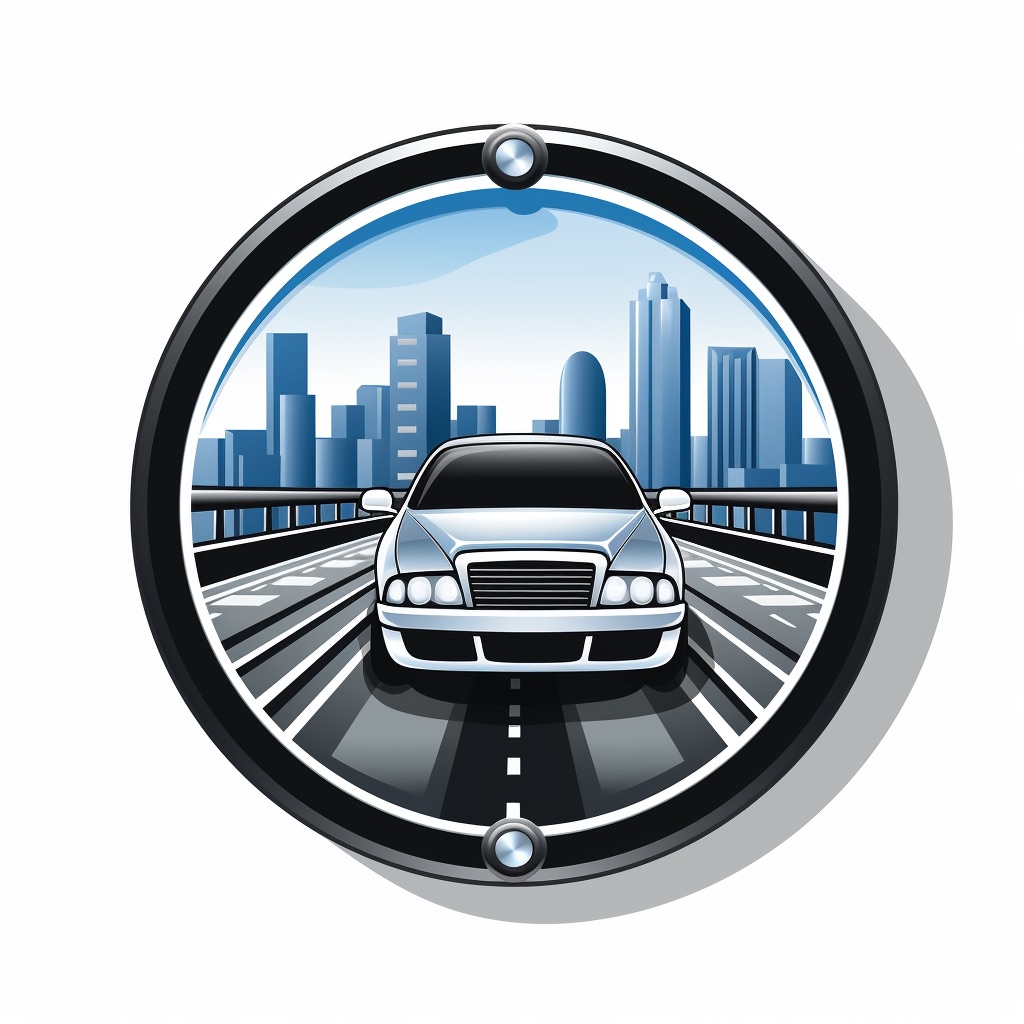What Is Felony Speeding
Speeding is a common traffic violation that many drivers commit without recognizing the risks involved. However, when an individual’s speed exceeds a certain limit, it becomes a criminal offense called felony speeding. This offense carries severe legal consequences that can have lifelong implications for offenders.
Felony speeding refers to driving a motor vehicle at an excessive speed (typically 20 miles per hour over the posted speed limit or at speeds exceeding 80 mph) that endangers the life of others on the road. The authorities consider this crime as reckless driving since it puts other people’s lives at risk due to the driver’s carelessness and disregard for safety rules. Felony speeding can cause drastic injuries or even result in death in extreme cases. It poses a significant danger to pedestrians, other motorists, passengers, and property around them. That’s why law enforcement agencies take this crime seriously and often impose harsh penalties on those who violate these laws.
The consequences of felony speeding can include hefty fines, imprisonment, and suspension or revocation of driving privileges depending on the severity of the offense committed. It also marks a permanent criminal record for violators that can significantly affect their job prospects as well as social standing. The awareness of such impacts helps drivers become more responsible and avoid situations that can lead to reckless behavior while behind the wheel. Avoiding such criminal activities can provide drivers with a better chance to stay safe and keep their communities out of harm’s way.
Felony speeding is a serious offense that occurs when an individual drives at an excessive speed that endangers the lives of others on the road. Typically, these speeds are well above the posted speed limit and can cause significant damage to property, loss of life, and severe injuries. The lack of control over a vehicle at high speeds may lead to accidents which could have been avoided if the driver followed traffic laws.
Definition of Felony Speeding
The definition of felony speeding varies from state to state. In general, it is considered a crime when a person drives at a speed more than 20 miles per hour over the posted limit or exceeds certain designated speeds in specific areas such as school zones or construction sites. The intent and context of driving also matter – reckless driving with disregard for other drivers or pedestrians may be considered felony speeding.
Situations
Felony speeding situations may vary but commonly include driving under the influence (DUI) situations where an impaired driver is caught significantly exceeding the speed limit. Another example includes street racing where drivers compete with each other on public roads at high speeds leading to accidents and fatalities. Other situations include running away from law enforcement officers during a chase or disregarding traffic signals and stop signs.
Dangers of Felony Speeding
Increased Risk of Accidents and Fatalities
Felony speeding is not just a minor traffic violation. It poses a significant not only to only the driver but also to other drivers and pedestrians on the road. When one drives at excessive speeds, it becomes challenging to control the vehicle. This is particularly true in emergent situations when quick reflexes and reaction times are essential. Excessive speed reduces maneuverability, increases stopping distance, and decreases the ability to react appropriately to sudden obstacles or hazards. The faster one drives, the more severe the impact of any collision that might occur. The risk of death or serious injury significantly increases with higher speeds. High-speed impacts can be catastrophic and result in traumatic injuries such as spinal cord injuries, head injuries, fractures, lacerations, or even death.
Impact on Other Drivers and Pedestrians
Felony speeding not only endangers the life of the driver but also puts other motorists on the road at risk too. Speeding drivers have less time to react or avoid another vehicle that suddenly swerves into their lane due to an emergency or collision with another car. Moreover, high-speed collisions can cause debris from vehicles to scatter across multiple lanes creating a life-threatening hazard for other drivers who may be driving behind them. Pedestrians are equally vulnerable since they have no protection from vehicles’ impact. A speeding car hitting a pedestrian can cause severe or even fatal injuries.
Legal Ramifications
Felony speeding carries significant legal consequences that can affect an individual’s life for years after conviction. Driving over specific speed limits is considered reckless driving, which is punishable by fines and jail time depending on how egregious it was In addition to hefty fines and jail time punishment for felony speeding could lead to community service hours or mandatory attendance at rehab centers. Moreover, a felony speeding conviction will remain on a driver’s record for an extended period, which can affect future job prospects or make it difficult to get car insurance at affordable rates.
Penalties for Felony Speeding
In most states, the penalties for felony speeding include fines and fees, jail time and probation, and the suspension or revocation of the driver’s license. These penalties are intended to deter individuals from engaging in reckless driving behavior that puts other motorists and pedestrians at risk.
Fines and Fees
One of the most common penalties for felony speeding is a fine. The amount of the fine can vary based on the degree of the offense and the jurisdiction in which it occurs. In some cases, fines can be as high as thousands of dollars. Additionally, some states may require drivers to pay court fees or other administrative costs.
Jail Time and Probation
In addition to fines, individuals convicted of felony speeding may also face jail time or probation. The length of imprisonment varies depending on the severity of the offense committed. Some states impose mandatory minimum sentences for certain types of felony speeding offenses. Probation is an alternative to jail time that allows individuals to remain in their community while being monitored by a probation officer.
Suspension or Revocation of Driver’s License
Another common penalty for felony speeding is a suspension or revocation of one’s driver’s license. This means that an individual will be unable to legally operate a motor vehicle for a specified period following their conviction. Suspension periods can range from several months up to several years, depending on state law and other factors specific to each case. In some cases, it may be possible for individuals facing driver’s license suspensions due to felony speeding convictions to obtain restricted driving privileges during their suspension period by completing certain requirements such as attending traffic school or participating in community service programs. It is critical to understand that these penalties can have long-lasting consequences even after one has completed their sentence. Felony speeding convictions can impact one’s ability to obtain employment or housing and can even affect one’s ability to vote in certain states.
Defenses Against Felony Speeding Charges
Legal Defenses
When facing a felony speeding charge, it’s essential to explore potential legal defenses that could help you avoid conviction. One possible defense is arguing that the officer had no probable cause to stop you in the first place. If you can show that the officer had no reason to pull you over, any evidence they collected after stopping you may be inadmissible in court. Another defense is arguing that the officer made procedural errors during your arrest or questioning, which violated your constitutional rights. In some cases, a driver may not have been aware of their speed or may have believed they were driving safely. A defense attorney can use this argument to show that the driver did not intend to commit a crime and should not be convicted of felony speeding. Additionally, if there was an emergency situation, such as rushing an injured person to the hospital, this could be used as a defense against felony speeding charges.
Technical Defenses
Technical defenses are those based on flaws in the evidence or testing methods used by law enforcement during your arrest. For example, if radar equipment was faulty or improperly calibrated when measuring your speed, an attorney could argue that any evidence collected from it is unreliable and should not be used in court. Another technical defense is disputing the validity of a breathalyzer test for DUI charges. An experienced attorney can also investigate whether there were any issues with how law enforcement conducted field sobriety tests or whether blood samples were handled correctly. Any flaws uncovered during these investigations can potentially weaken the prosecution’s case against you and help build a strong defense strategy. Ultimately, each felony speeding case is unique and requires careful consideration of all available facts and resources for building an effective defense strategy. Working with an experienced attorney who has successfully defended clients against similar charges can greatly increase your chances of achieving a positive outcome.


